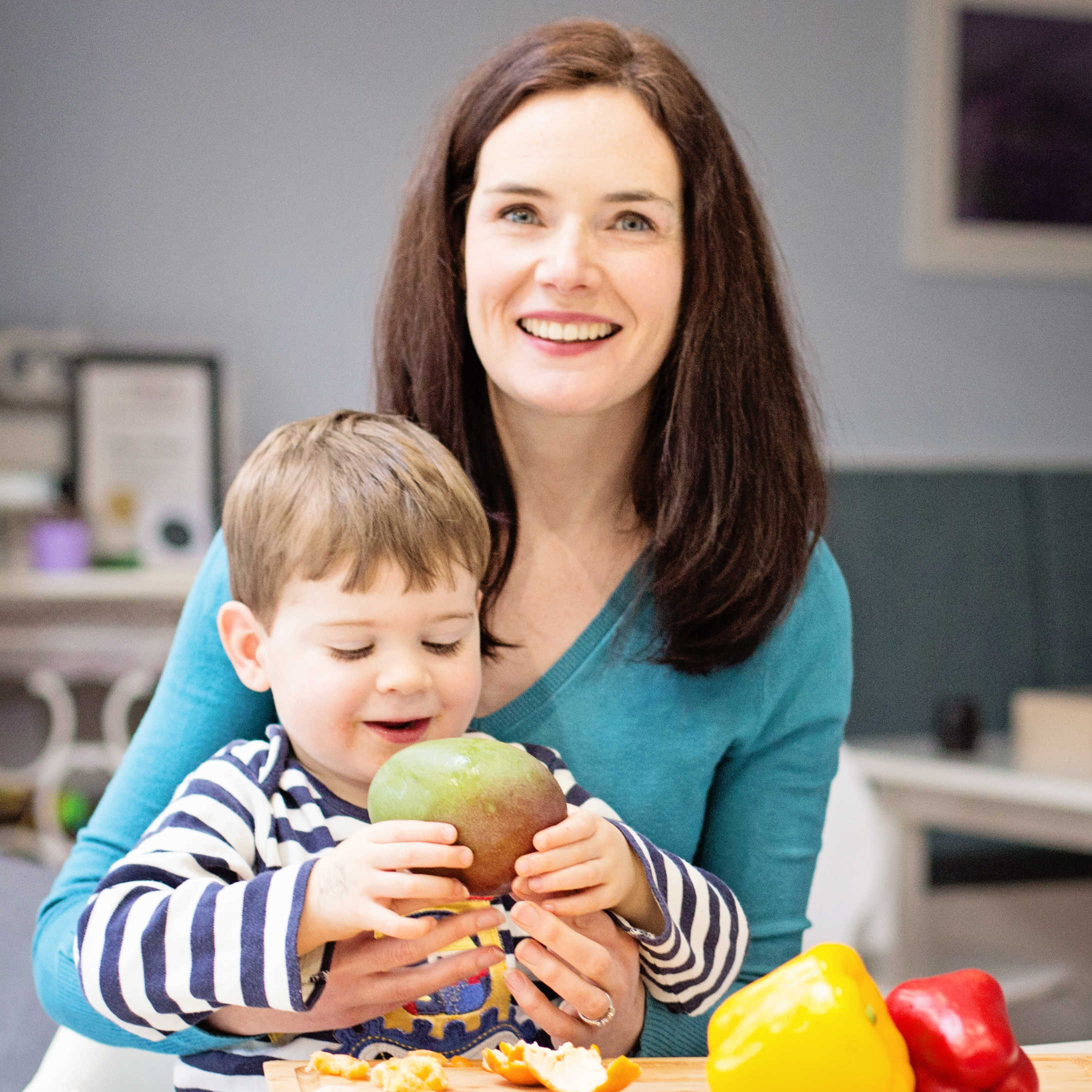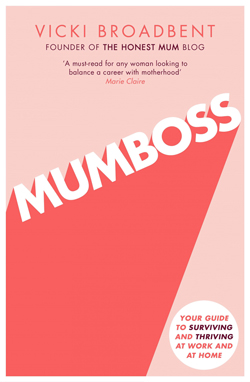 Nutritional information is more accessible than ever but does Google leave people more confused than enlightened? How we are interpreting this information for our own diet and health is one thing but what about our children?
Nutritional information is more accessible than ever but does Google leave people more confused than enlightened? How we are interpreting this information for our own diet and health is one thing but what about our children?
Here are a few common assumptions and my thoughts on the right messages to be giving to our offspring by dietitian Laura Clark.
Assumption 1: Red meat causes cancer
Forever in the press and forever the bad guy but it is only at intakes of over 500g cooked red meat per week that it becomes riskier to health – and that’s a lot of meat! It is such a valuable source of iron for non-vegetarian youngsters. Its versatility in many child-friendly dishes make it a welcome contribution to the diet – a typical child’s portion would be around 2-5 tablespoons of mince for example, supporting a child’s brain function, energy levels and preventing anaemia.
The healthy reality is a diet including 1-2 portions of red meat a week together with a variety of white meats, fish and meat free days will be well balanced and risk free!
Assumption 2: Gluten is enemy number one!
A recent report found 14% of parents were cutting down on the amount of gluten they gave their children. Coeliac Disease, a condition in which gluten attacks the lining of the gut, is not on the rise in this country. Instead I fear the #freefrom craze is making us unnecessarily doubt the most basic staples in the British diet.
Children are growing at a rapid rate and often have bursts of high intensity activity meaning their bodies rely heavily on carbohydrate as a readily available source of energy. Some will come from simple sugars (more on this later) but the majority should come from complex carbs such as wholemeal bread, pasta, couscous, basmati rice or quinoa: these carry higher levels of protein, B vitamins and often fibre with them and are important to include at each meal. Whether they contain gluten or not is irrelevant.
Assumption 3: Sugar is the route of all evil.
43% of the UK population are currently trying to lose weight – there’s a fair chance a lot of these people will be parents. What influence do our own dietary motives have on the diets of our children? Are certain foods banned from the house or eaten in secret? Often our desire to shield our children from the realities of our own eating habits can perpetuate further unhelpful habits for ourselves. Does snacking excessively in front of the TV at night after having been ‘good’ all day sound familiar?
We are also bombarded with messages that the diets of our young children are loaded with too much sugar – and yes for some this is true. 4-18 year olds have the highest population levels, with the majority coming from sugary drinks. High intakes of sugar are associated with dental caries and an increased calorie intake which can lead to obesity.
Interestingly sugar fears have led to a decline in the intake of breakfast cereals and yogurts and yet 70% of our free sugar intake comes from confectionary and soft drinks – sales of these are going strong!
Sugar coated cereals and yogurts with added sugar should of course be limited but many are not high in sugar and are valuable sources of fibre, B vitamins, iron, vitamin D and calcium – all the nutrients that are so vital for our children’s growth and development.
Do look at food labels and keep ‘of which sugars’ under or around 15g/100g when possible.
Remember sugar alternatives like agave syrup or honey are no healthier. They are all simple sugars digested in the same way and the gut doesn’t care if they sound posh! I also believe it’s a good rule of thumb for everyone not to drink their calories.
Finally I end with a confession – we have a ‘doughnut day’ tradition in our family on Sunday’s when we’re home! This does mean I often say no to requests for chocolate and sweets at various times in the week especially when it is likely to spoil appetite right before dinner. Treats are part of the diet and there to be enjoyed. They are not to be demonised and they are not solely to blame for any weight issues we as parents might be suffering with.
It is our responsibility to educate children about savouring and enjoying food in the right quantities, the benefits of eating a healthy balance and the value in always asking for evidence when it comes to deciphering nutrition sense from #nutribabble!
Through evidence based nutrition expertise Laura aims to educate, motivate and inspire people to lead healthy balanced lives. Laura has a wealth of experience having worked in the health service in the UK and abroad for 14 years. Her private practice and consultancy, LEC Nutrition was established in 2005. She is a media spokesperson for the British Dietetic Association and also enjoys contributing to mainstream press, television and radio.
Follow Laura on twitter.
Copyright of photo Laura Clark.

Buy my bestselling book in paperback or audio
My debut book is my guide to surviving and thriving at work and at home and offers insight into how to create a digital business or return to work with confidence.
Mumboss: The Honest Mum's Guide to Surviving and Thriving at Work and at Home
(UK 2nd Edition)
Available on Amazon or Audible
The Working Mom: Your Guide to Surviving and Thriving at Work and at Home
(US/Canada Edition)
Available September 8th 2020. Order now on Amazon



